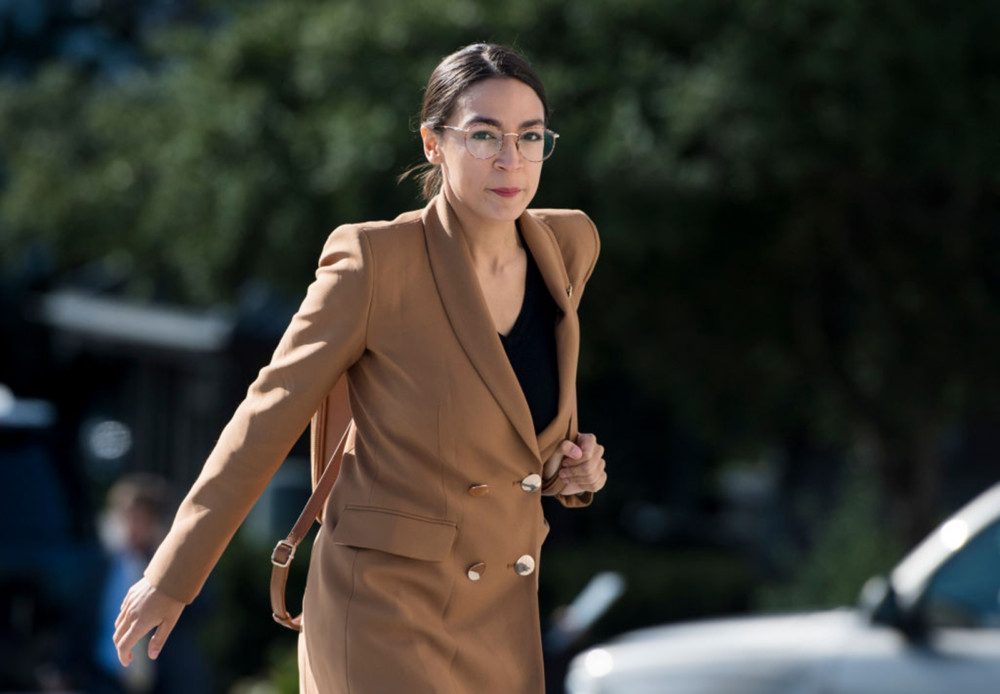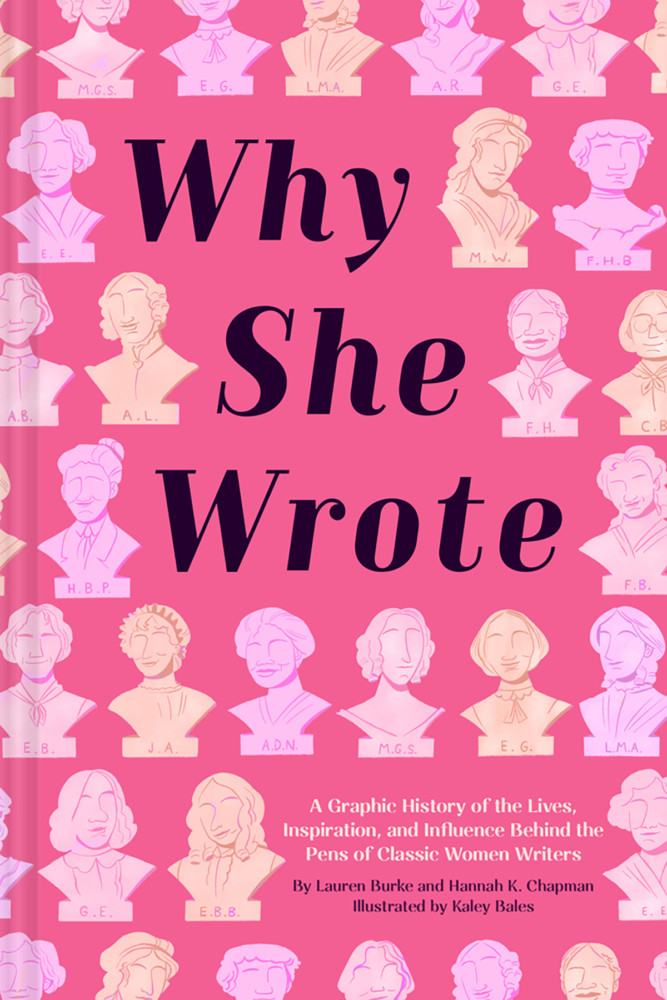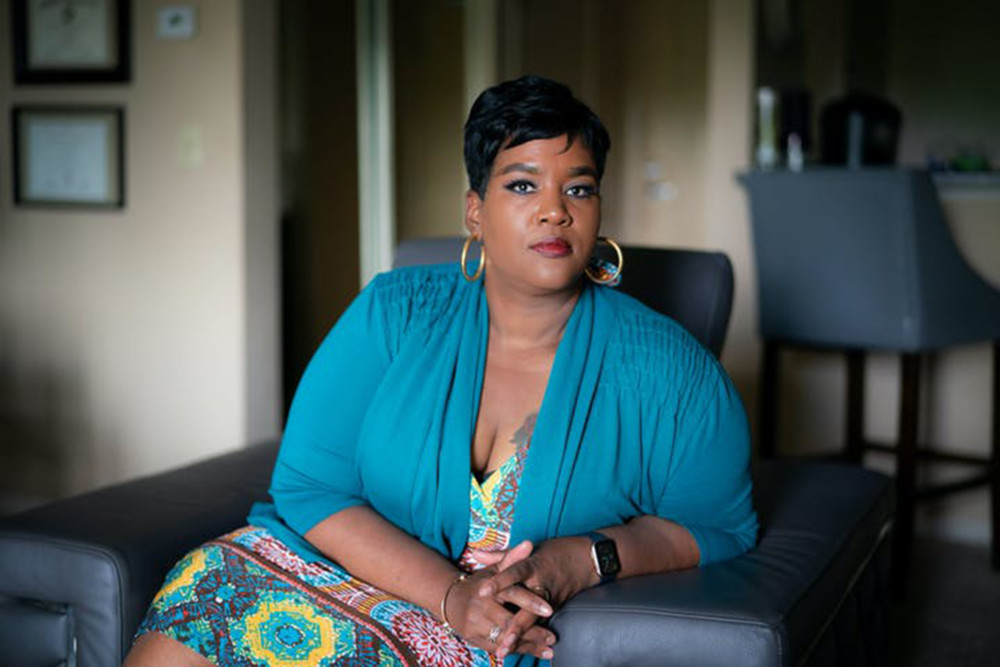By Heidi Stevens
Chicago Tribune
WWR Article Summary (tl;dr) 900 Women have taken clothing company M.M. LaFleur up on its offer to dress women running for elected office.
Chicago
When clothing company M.M. LaFleur sent an email to customers offering to style and dress, for free, any woman running for any elected office this campaign season, CEO and co-founder Sarah LaFleur crossed her fingers that someone would take her up on the offer.
“We expected best case, we’d hear from 200 women,” LaFleur told me Thursday. (The email went out Monday.)
“We’ve had close to 900 candidates write to us so far,” she said. “We heard from a woman saying, ‘I’m a single working mom of two kids. We live on the poverty line and I’m running for state senate.’ We heard from an Army vet who is disabled, who lives on $750 a month. She’s talking about how this is going to really change the face of her campaign. We’re hearing from women who potentially could afford these clothes who say, ‘I don’t know how to dress for the campaign trail and it stresses me out.'”
Here’s how it works: Candidates email their name, credentials and campaign website (if they have one) to readytorun@mmlafleur.com. The company sets them up with a stylist and free clothing on loan, with the agreement that they donate the clothing when they’re done to Bottomless Closet, a nonprofit that outfits and trains women to enter the workforce.
The idea, LaFleur said, came from customers. The company had an email drafted and ready to send to its customer base the day after the 2016 presidential election, celebrating the nation electing its first-ever female president.
That didn’t happen.
“So we sent out a call for conversation,” LaFleur said. “We asked, ‘What, as a brand, can we do to support you?’ And we heard from all sides. From a Muslim woman in Texas who said, ‘I’m scared for my life and I need you to understand why,’ to a Ph.D. scientist in Boston who said, ‘I voted for Trump and here’s why.'”
A common concern in many of the emails, LaFleur said, was why women remain so underrepresented in elected offices, and not just the presidency.
“This felt like a tangible way for us to put our money where our mouth is,” LaFleur said.
Universal Standard, a clothing company that sells sizes 00 to 40, liked the idea so much it hopped on board.
“Hey @mmlafleur, we saw you’re dressing any woman running for public office. What an incredible idea! In fact, we’d love to join you,” the company tweeted on Wednesday along with a release inviting “any woman of any gender experience or any non-binary person running for public office” to contact representus@universalstandard.com.
Amanda Litman, executive director of Run For Something, which helps people under 40 run for office, said the programs help close a chasm between who can afford to run for office and who they’re running to represent.
“Government is better when a more diverse community is represented in leadership,” Litman said. “For a really long time, our institutions, Congress to state legislatures to city halls, have been structured as such that they are not welcoming to anyone who isn’t a rich, white man. That’s starting to change, but we’re not there yet. And this is a big step.”
It’s not lost on the candidates Litman works with that their appearance will be picked apart, pilloried and placed, in some cases, on a higher plane than their platforms or policies.
“That’s especially true if you are in any way an untraditional candidate,” she said. “If you are a young woman of color, if you are plus size, if you look young, if you look old, if you have a disability. This doesn’t fix all of those problems, but at the very least money won’t get in the way of dressing for that reality.”
Rep. Alexandria Ocasio-Cortez, D-N.Y., whose wardrobe and appearance have been scrutinized eight ways to Sunday, shouted out M.M. LaFleur’s offer on Instagram.
“When I was running for office (even now!), accessing clothing for the job was a challenge both logistically and financially,” Ocasio-Cortez wrote. “As a candidate, a large part of asking people to vote for you is helping them visualize you on the job. As a member, that professionalism helps you challenge subconscious bias.”
LaFleur said all of her company’s clothing has to pass three tests: The underwear test. (Is your underwear visible? The answer should be no.) The taxi test. (Can you get in and out of a taxi comfortably and easily without tearing anything or flashing anyone?) And the bend over test. (Can you bend over without revealing more than you want to reveal?)
“Those are problems we’ve already solved for you,” she said.
Brilliant.
She also said they’re encouraging all candidates who take advantage of the program to make sure they’re in compliance with local campaign finance laws.
“For some states you can write in the clothing as an in-kind contribution,” she said. “But it varies state to state, city to city.”
Litman echoed that suggestion.
“I hope every candidate gut checks this with a lawyer,” she said. “You want to be able to take advantage of this generosity while not running afoul of campaign finance law.”
And then you want to get on your merry way of getting elected to change the world. Which brings me to one of my all-time favorite Michelle Obama quotes, contained within Peter Slevin’s excellent biography, “Michelle Obama: A Life.” It’s in response to the public’s obsession with her appearance, which all too often veered into shallow and cruel territory.
“We take our bangs and we stand in front of important things that the world needs to see,” Obama said. “And eventually, people stop looking at the bangs, and they start looking at what we’re standing in front of.”
___
(Contact Heidi Stevens at hstevens@tribune.com, or on Twitter: @heidistevens13.)
___
Distributed by Tribune Content Agency, LLC.

















































































































































































































































































































































































